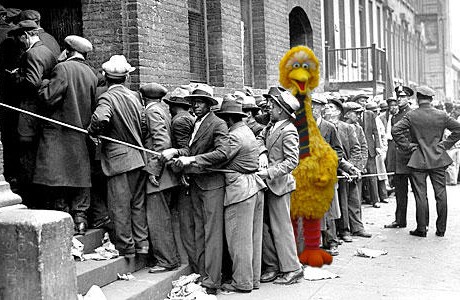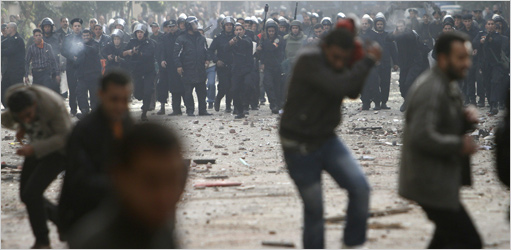Retreat Left
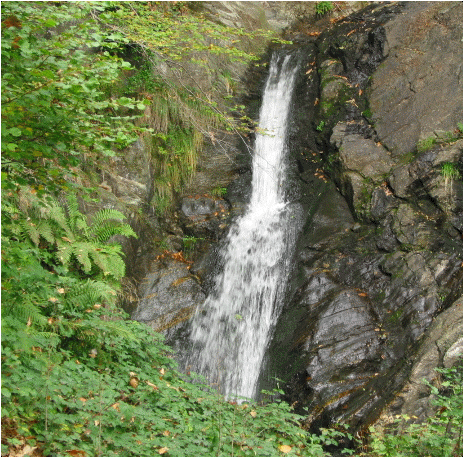
This is going to be long. I will discuss politics in the dangerous context of business and try to compare Seattle and New York, but I will go astray. You’re warned. I spent a long time to fix the structure of this essay. This first bit is about my vocation and leads into a bit about leaving New York. I think I wanted to give the political parts a level of context. It’s hard to read about politics if you don’t know what it comes out of.
Starving the Left’s Political Imagination
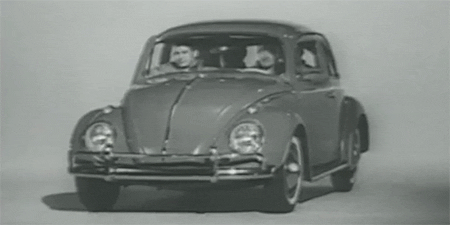
In the USA, the political left survives not on the wages of raw fear and liquid capital but on a pleasant wealth of public imagination that must be constantly updated to reflect changing political and economic circumstances. It is a mild sort of collective futurism with very murky outlines that propels everything from political art to individual vocation to government legislation.
An apolitical writer?
For the past 36 hours or so, I’ve been hooked on Al Jazeera.
Egypt. Fuck. Things are happening. Yemen. Jordan.
And yet, on writing blogs and other social networking sites, almost nothing is being said about it, at least from the writers. It leads me to think that many writers develop an apolitical stance, a focus on aesthetics as politic rather than politics as politic. Ken Baumann wrote a smart rant about electronics, which was ridiculed by some, praised by others, but what’s noteworthy is the immediate suspicion and rebuttal against his overt political message. Why is this?
Should we care about Egypt? Why? Why not? Do you see this apoliticization and what do you think causes it? Or: please prove me wrong.
Art v. Politics: Not About Privilege
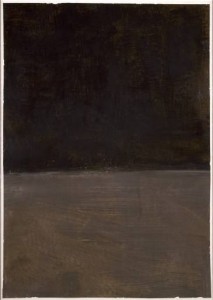 I’ve put my favorite Susan Sontag quotation in comment fields here, but I’m going to recall it again:
I’ve put my favorite Susan Sontag quotation in comment fields here, but I’m going to recall it again:
And the wisdom that becomes available over a deep, lifelong engagement with the aesthetic cannot, I venture to say, be duplicated by any other kind of seriousness. Indeed, the various definitions of beauty come at least as close to a plausible characterization of virtue, and of a fuller humanity, as the attempts to define goodness as such.
I believe this with every bit of me. And I am completely convinced that, as egregiously privileged as I am, this is not a privileged position. Susan Sontag had radical left politics, but she put the aesthetic first. She’s a lot smarter than me, but I’m still going to try to make some sense of that position here.
Politics are terminal. They are finite. We might say we are interested in raising questions when we talk about gender or race or other categories that are defined and upheld by politics. But politics is really about finding answers. This has its place, but its place is not in art.
Artists know that finding real answers is not possible in this world. The failure of politics to recognize this fact is why the lasting thing from any culture has been its expression. Desperate people turn to story, turn to verse, performance, art. When nothing is assured, when help doesn’t come, when standards aren’t met and good people suffer, the only thing left is to confront mystery, to confront tragedy and eternity.
The aesthetic means simply the representation of all this mystery, tragedy, eternity without the dissembling claim of wrapping them up neatly. Keying into the aesthetic instead of the political in a work of art is about asking what choices of form the art-maker made to best help the audience to access the mystery, the eternity. To help the audience feel human.

